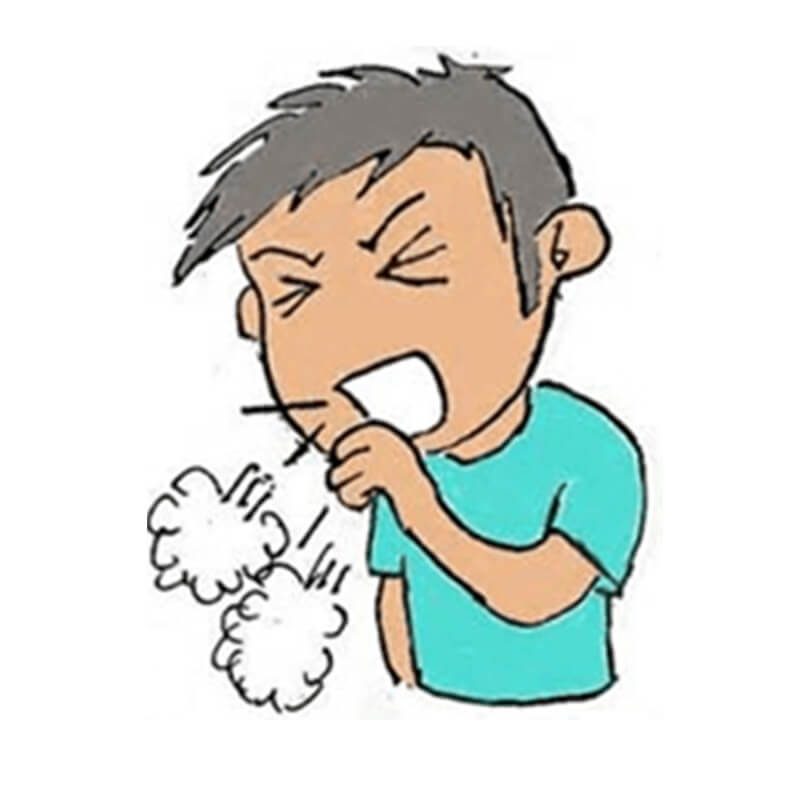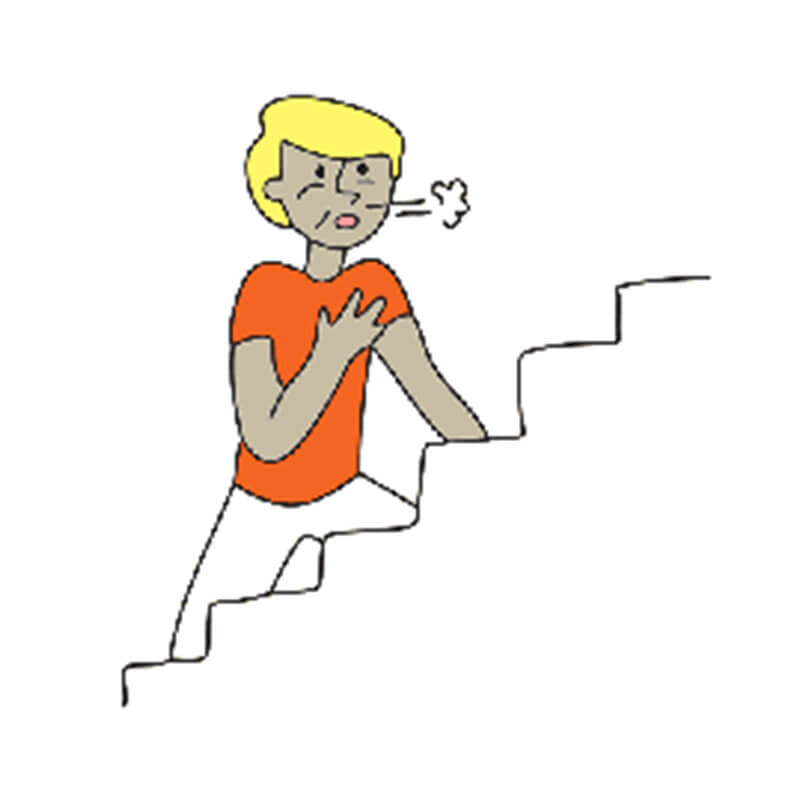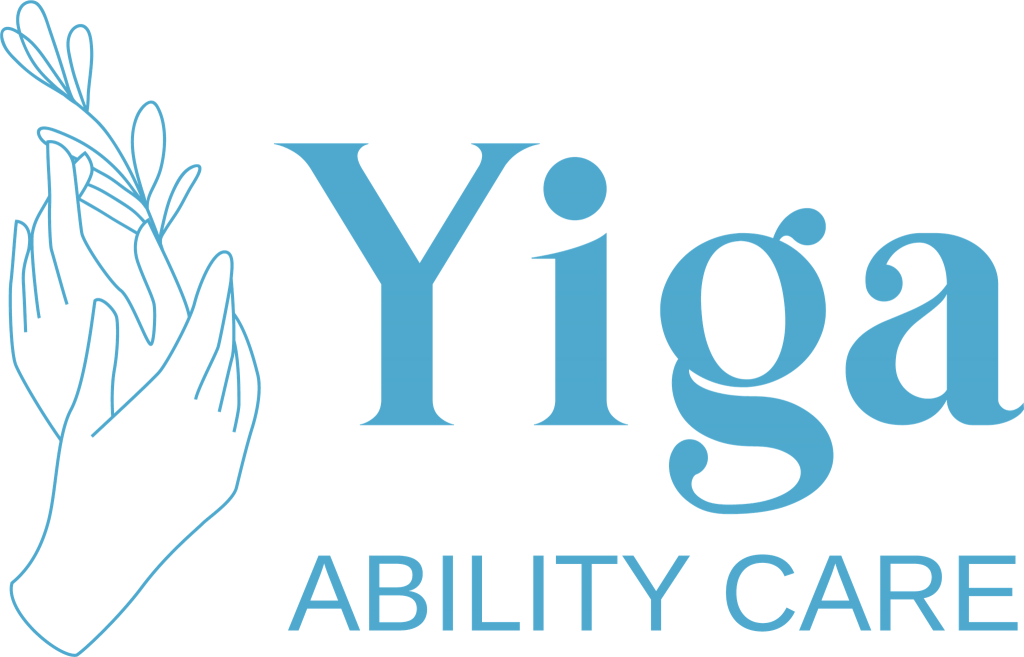

You can download the Referral Form here.
If you are looking for services please contact our office at 0426 654 485
NDIS Services
Yiga Ability Care provides in-home care and support services to people so they can live as independently as possible in their own homes and communities.

Fever

Sore Throat

Cough

Fatigue

Shortness of breath
If you’re feeling sick, you should stay at home.
Call your doctor. Do not go to the doctor – call first.
They will tell you if you need to be tested.
You might need to be tested if you:
just came back from overseas
have been in contact with someone who has coronavirus.
Information and support are available. You are not alone.
Contact the Disability Information Helpline on 1800 643 787 or visit www.dss.gov.au/disabilityhelp
Keeping yourself and others safe and healthy
Stay away from lots of people. Try to keep 1.5 metres away from other people.
Wash your hands many times per day.
Try not to touch your face.
Sneeze or cough into a tissue or your elbow.
Call the doctor if you feel unwell.
There are a number of ways to help reduce the spread of COVID-19, one of the easiest to practice is good personal hygiene.
Hygiene
It is important to practise good personal hygiene to help reduce the spread of germs.
You can help to reduce the risk of catching or spreading COVID-19 by:
Wash your hands regularly and thoroughly, for at least 20 seconds using soap and water or an alcohol-based hand rub. This helps kill any germs that may be on your hands.
When coughing or sneezing, cover your mouth and nose with a tissue or bent elbow. This will limit the spread of the droplets that contain the virus.
Try to limit touching your eyes, nose and mouth with your hands to avoid the virus from entering your body and making you ill, if your hands are contaminated.
Social distancing
This means having less contact between you and the people around you. It can be practised at home, at work, and while out in the community.
The Australian Department of Health has made some recommendations to maintain social distancing, including:
Avoid places and events where there are lots of people especially if you are unwell, elderly or have a pre-existing health condition.
If around other people, keep a minimum of 1.5 metres distance between yourself and others.
Don’t hug, kiss or shake hands with other people.
Cover your nose and mouth with a face mask to stop yourself from potentially spreading the virus to someone else, especially if you are not well and need to go out in the community
Stay home and only go out for necessary trips.
Limit physical contact. Rather than shaking hands as a greeting, just say hello, wave or nod as an alternative.
Let fresh air into your home or workplace by opening windows for more ventilation.
If your child is not well, keep them home from school or childcare.
Seeking medical attention
All health practitioners have introduced measures to keep you safe when seeking medical attention during COVID-19.
If you are unwell and have a fever, cough and difficulty breathing, call your doctor before attending an appointment. This will allow them to direct you to the right health facility without coming into contact with others, and help prevent the spread of coronavirus and other infections.
If you have trouble breathing, call an ambulance straight away on 000.
Should you wear a mask?
22 July 2020
The Victorian Government has mandated the use of face masks for all people living in metropolitan Melbourne and Mitchell Shire including the use of masks for disability workers.
The advice to wear a face mask in metropolitan Melbourne and Mitchell Shire does not apply to children (people aged under 12), people with breathing difficulties and anyone who has physical conditions that make it difficult to wear a face mask.
Read our ‘Your health and safety’ FAQs on face masks by visiting
https://www.ndis.gov.au/coronavirus/participants-coronavirus-covid-19/your-health-and-safety
How to wear a face mask correctly?
You wear a face mask that covers your nose and mouth to help protect yourself from anyone who is infected from COVID-19 and to protect others in case you are infected with COVID-19.
Wash your hands before putting on your face covering
Put it over your nose and mouth and secure it under your chin
Try to fit it snugly against the sides of your face
Make sure you can breathe easily
Don’t put the face covering around your neck or up on your forehead
Don’t touch the face covering, and, if you do, wash your hands or use hand sanitiser to disinfect
Taking off your face mask
Untie the strings behind your head or stretch the ear loops
Handle only by the ear loops or ties
Fold outside corners together
Place covering in the bin (if disposable) or washing machine
Be careful not to touch your eyes, nose, and mouth when removing and wash hands immediately after removing.
Feeling unwell?
If you develop a fever, cough, sore throat, shortness of breath, loss of smell or taste, seek medical attention.
Get tested at a nearby testing location
Call your doctor
Visit the emergency department
If you are in an emergency, or at immediate risk of harm to yourself or others, please contact emergency services on Triple Zero (000).
Frequently Asked Questions (FAQs)
The National Disability Insurance Scheme has a full directory of FAQ’s that are updated daily. You can find answers to commonly asked questions by visiting https://www.ndis.gov.au/coronavirus
For more information visit: https://www.disabilitysupportguide.com.au/talking-disability/how-to-help-keep-yourself-healthy-and-safe-during-covid-19
Australian Government response to COVID-19 including restrictions to movement and closures.
NDS supports download and use of the COVIDSafe app. Information about its use, privacy protections and links to download is available.
If you are concerned about your health call the Coronavirus Health Information line 1800 020 080. If you require translating or interpreting services, call 131 450. Health Direct, a government-funded service, has a symptom checker available on their website.
Training courses on infection prevention and control are available.
Commonwealth Department of Health – Infection Control Training – COVID 19, relevant for all support workers, including those in disability and aged care.
A discounted NDS online evidence-based course.

